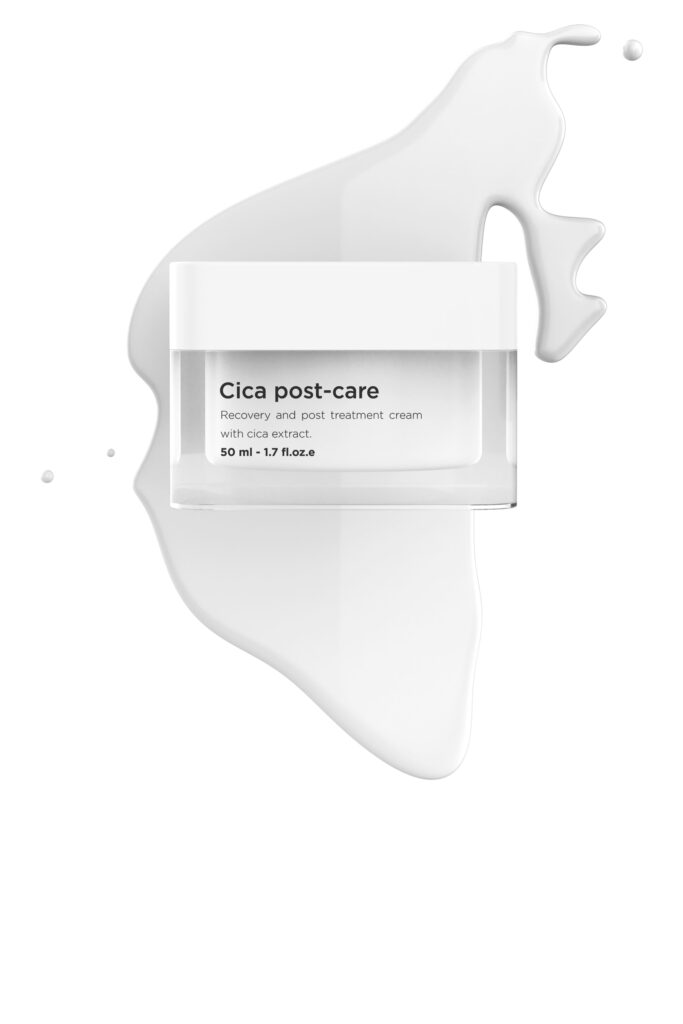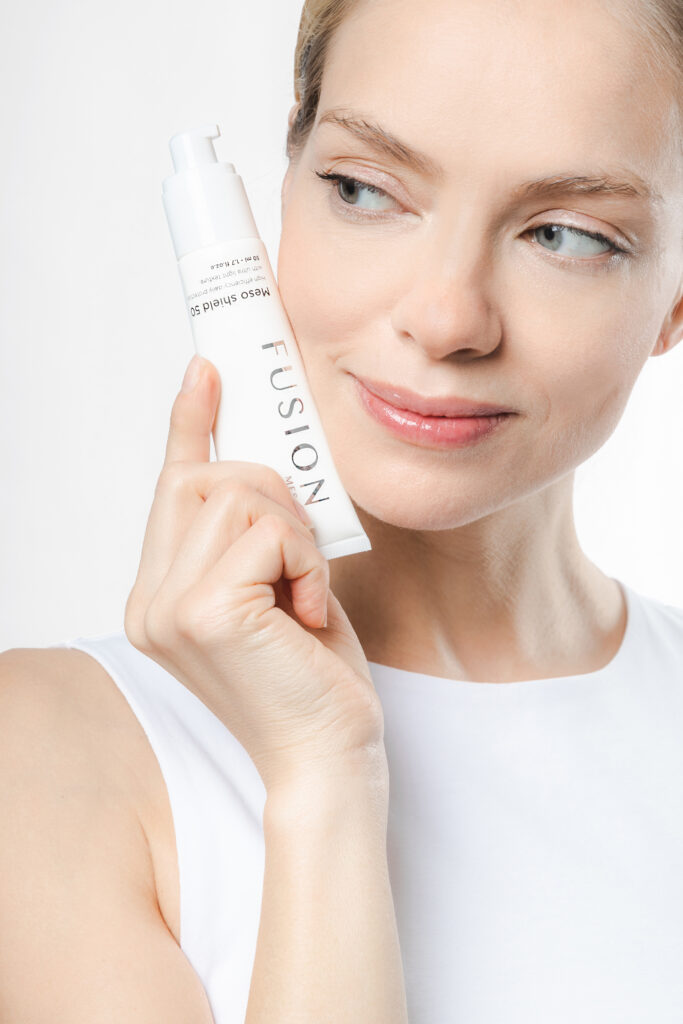Acne affects all ages with symptoms ranging from mild to severe. We focus on skincare ingredients targeting acne causes and signs. This article examines ingredients like betaine salicylate, niacinamide, and others for treating acne.
Betaine Salicylate
Gentle Exfoliation:
Betaine salicylate is a milder alternative to salicylic acid, suitable for sensitive skin. These ingredients work by exfoliating and clearing pores. They dissolve sebum and dead cells, which often result in acne.
Anti-Inflammatory Properties:
This ingredient also has anti-inflammatory properties that can soothe irritated skin and reduce the redness associated with acne.
Niacinamide
Sebum Regulation:
Niacinamide, or Vitamin B3, helps to cut sebum production. This can prevent new acne from forming.
Hyperpigmentation Reduction:
Besides its effects on oil production, niacinamide can lighten the hyperpigmentation left by acne scars, promoting an even skin tone.
Barrier Function Support:
It also strengthens the skin’s barrier function, improving skin texture and resilience.
Acetyl-Glucosamine
Exfoliating Agent:
Acetyl-glucosamine, a mild exfoliant, removes dead skin. It aids in achieving smoother skin.
Complementary to Niacinamide:
When used with niacinamide, acetyl-glucosamine has been shown to have a synergistic effect, further aiding in the reduction of hyperpigmentation.
Hyaluronic Acid
Hydration Without Oiliness:
Acne-prone skin can still be dehydrated. Hyaluronic acid intensely hydrates by luring water into the skin, keeping it plump. It also diminishes the appearance of acne scars.
Promotes Healing:
Adequate hydration is essential for the skin’s healing process, and hyaluronic acid can support the repair of acne-damaged skin.
Panthenol
Moisturizing:
Panthenol, also a moisturizer, locks in moisture which helps repair acne-affected skin.
Wound Healing:
Its role in wound healing assists in the recovery of acne lesions due to its regenerative properties.
Retinol
Cell Turnover Stimulation:
Retinol, a derivative of Vitamin A, is famous for its ability to stimulate cell turnover, helping to unclog pores and prevent the formation of acne.
Collagen Production:
Retinol also boosts collagen production, which can reduce the appearance of acne scars over time and improve the overall texture of the skin.
Anti-Aging Benefits:
While it’s beneficial for acne, retinol is also known for its anti-aging properties, making it a dual-action ingredient for long-term skin health.
A multi-faceted approach to acne treatment that involves various beneficial ingredients can be more effective than relying on a single product. Betaine salicylate, niacinamide, acetyl-glucosamine, hyaluronic acid, panthenol, and retinol each offer unique benefits that can contribute to the health and clarity of acne-prone skin. By understanding and properly integrating these ingredients into your skincare routine, you can create a targeted regimen that addresses not only active acne but also the aftermath of blemishes, for a clearer, smoother complexion.


